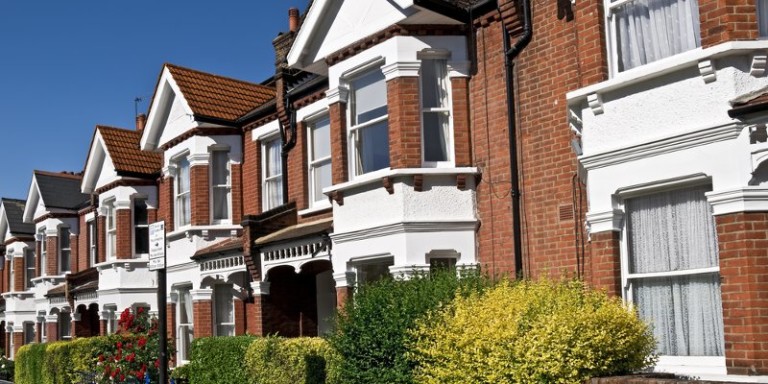The tax will apply in England and Northern Ireland for non-UK residents, who are defined as people who have spent fewer than 183 days in any part of the UK, including Scotland and Wales, in the 12 months before the transaction completes.

The government has launched a consultation detailing how its proposed 1% stamp duty surcharge on overseas buyers will work.
The tax will apply in England and Northern Ireland for non-UK residents, who are defined as people who have spent fewer than 183 days in any part of the UK, including Scotland and Wales, in the 12 months before the transaction completes.
The consultation will close on May 6.
Mel Stride, financial secretary to the Treasury and paymaster general, said: “The UK is and will remain an open and dynamic economy, but some evidence shows that non-UK resident buyers of UK property could be inflating house prices.
“A 1% surcharge could help more people own their own homes in the future, and its proceeds will go towards tackling rough sleeping, boosting our plan to halve the numbers of rough sleepers by 2022.”
Overseas buyers can apply for a refund from the surcharge if they spend at least 183 days in the UK in the 12 months after the day of transaction.
Companies based overseas will be affected, as well as UK limited companies under the direct or indirect control of one or more non-UK residents. Joint purchases where at least one party is a non-UK resident will also apply.
The government is considering exemptions for those who work for the Crown, Armed Forces or Civil Service
First-time buyers who are non-UK residents will still get to use the stamp duty relief up to £300,000, though they will have to pay the 1%.
The plan was first mooted by Prime Minister Theresa May at the Conservative Party conference in October last year.
Stamp duty move a fair response
Rob Gill, director of Altura Mortgage Finance, said: “A 1% stamp duty surcharge for overseas investors seems a fair response to concerns over foreign buyers and should not act as an undue deterrent.
“Overseas investors face additional costs already, plus foreign exchange rates can fluctuate 1% or more in a day, especially in the current environment.
“Perhaps the government have learnt from other recent stamp duty hikes which went too far and are reported to have cut rather than raised tax revenue.”



